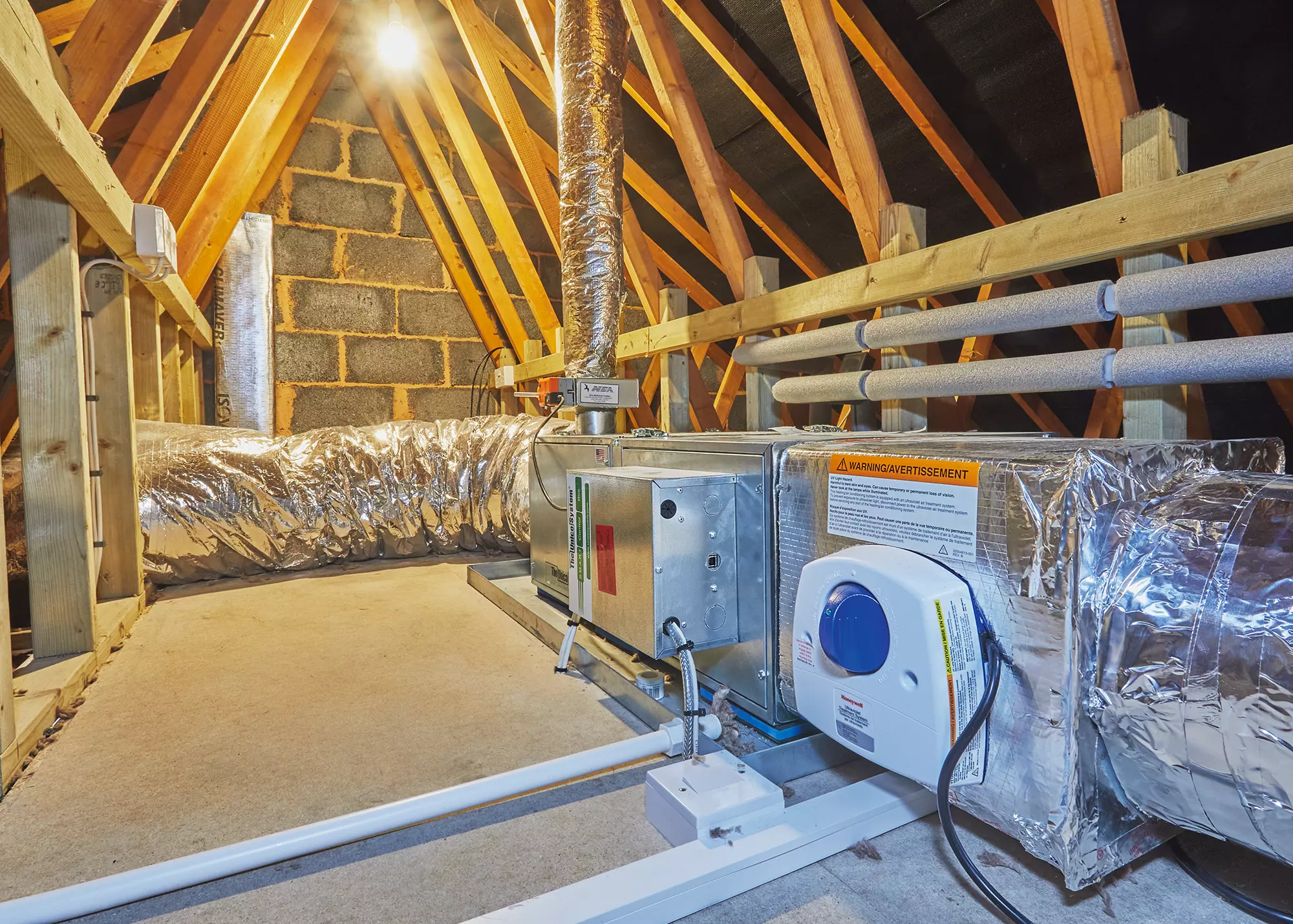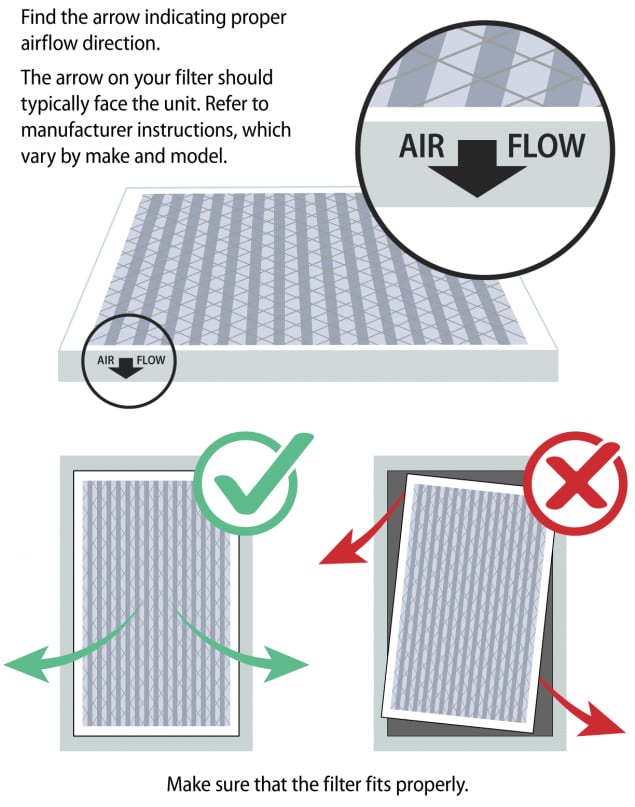10 Signs Your House Needs Better Home Ventilation Melbourne
Wiki Article
The Function of Home Ventilation in Protecting Against Mold And Mildew and Indoor Allergens
Home ventilation is a crucial part in preserving a healthy interior environment. It manages moisture degrees, which can prevent the development of mold and the build-up of allergens. Several home owners neglect the relevance of correct air flow, frequently bring about undetected issues. Comprehending how air flow systems feature and their influence on air top quality could be the key to a healthier home. What actions can be required to enhance these systems successfully?Recognizing Home Ventilation Solutions
While many house owners might ignore the importance of ventilation, understanding home ventilation systems is crucial for keeping indoor air high quality and avoiding mold and mildew development - Home Ventilation Melbourne. These systems assist in the exchange of stagnant indoor air with fresh outside air, properly reducing contaminants and wetness degrees. Typical types consist of all-natural ventilation, which counts on wind and temperature level differences, and mechanical ventilation, which makes use of followers and ducts to manage air movement. Additionally, well balanced air flow systems incorporate both methods to enhance air high quality. Effectively created and maintained ventilation systems can help manage temperature level and moisture, making certain a comfortable living environment. Homeowners need to think about variables like home layout, environment, and tenancy when choosing an air flow system to finest fit their requirements and enhance total air quality
The Effect of Moisture on Mold And Mildew Growth
Moisture plays a crucial duty in mold and mildew growth, making it a crucial element for property owners to monitor. Mold and mildew prospers in environments where humidity levels exceed 60%, as these problems supply the moisture required for spores to proliferate and germinate. High humidity can result from numerous sources, including bad ventilation, water leaks, and food preparation or showering activities. When moisture degrees remain elevated, mold and mildew can develop swiftly on natural materials such as timber, drywall, and material. Homeowners should utilize dehumidifiers and ensure correct ventilation in areas prone to wetness, such as shower rooms and basements. Keeping interior moisture between 30% and 50% can considerably reduce the threat of mold and mildew growth, adding to a healthier living setting.Determining Typical Indoor Allergens
Interior settings can nurture a range of irritants that impact wellness and comfort. Typical interior allergens consist of dirt mites, animal dander, mold spores, and plant pollen. Dirt termites thrive in bedding, rugs, and furniture, eating natural material and adding to respiratory system issues. Pet dog dander, composed of small flakes from skin and fur, can cause allergic responses in sensitive individuals. Mold spores, often present in moist locations, can multiply and affect air quality. Additionally, pollen can infiltrate homes with open windows or on clothes. Determining these allergens is crucial for maintaining a healthy interior environment. Recognition of their presence permits property owners to take proactive measures to decrease exposure and improve general indoor air quality.Benefits of Correct Air Flow
Proper air flow is crucial for preserving a healthy and balanced interior setting, as it helps to manage air quality and lower the build-up of contaminants. Adequate airflow promotes the exchange of exterior and interior air, thus watering down damaging compounds such as volatile organic substances, allergens, and dust. This procedure not just boosts convenience yet also contributes to the general well-being of passengers by minimizing breathing concerns (Home Ventilation Melbourne). Furthermore, correct air flow properly manages humidity degrees, lowering the possibility of mold and mildew growth and promoting a drier environment for health. Furthermore, it can improve power efficiency by making certain that home heating and cooling systems operate much more effectively, causing lower energy expenses. On the whole, correct ventilation is a crucial element in advertising a risk-free and healthy and balanced living area

Tips for Improving Home Air Flow
Many home owners may overlook it, enhancing home ventilation is necessary for boosting air quality and stopping mold and mildew development. One effective approach is to regularly open home windows to promote cross-ventilation, allowing fresh air to distribute. Setting up exhaust followers in bathroom and kitchens can successfully eliminate moisture-laden air, reducing moisture degrees. Homeowners must additionally think about making use of air purifiers with HEPA filters to catch irritants and toxins. On a regular basis preserving a/c systems, including changing filters, guarantees come to a head airflow and performance. Securing leaks around doors and windows can stop outdoors air from getting in, which aids preserve a regular interior atmosphere. Lastly, integrating houseplants can normally improve air quality while adding aesthetic worth to the home.Frequently Asked Inquiries
Just how Typically Should I Tidy My Home Air Flow System?
Identifying just how typically to clean a home ventilation system depends on different aspects, including usage and environmental problems. Home Ventilation Melbourne. Generally, professionals recommend an extensive cleansing every 3 to 5 years to preserve optimal air movement and effectivenessCan Plants Help In Reducing Indoor Allergens?
Research suggests that particular indoor plants may aid minimize allergens by improving air high quality and increasing moisture. Their performance varies, and maintaining a tidy setting stays vital for taking care of indoor irritants efficiently.What Sorts Of Air Filters Are Finest for Mold Avoidance?

Exist Details Air Flow Demands for Cellars?

How Do I Know if My Air Flow Is Working Successfully?
To determine efficient air flow, one should check humidity degrees, inspect airflow via vents, and observe indications of condensation or stagnant air. Routine assessments can show whether the system adequately circulates and exchanges interior air.Comprehending exactly how air flow systems feature and their effect on air high quality could be the key to a healthier living space. While several property owners might neglect the significance of air flow, understanding home air flow systems is crucial for maintaining indoor air top quality and stopping mold and mildew growth. Typical types consist of natural air flow, which depends on wind and temperature level distinctions, and mechanical ventilation, which makes use of ducts and fans to control airflow. Appropriate ventilation is important for maintaining a healthy indoor environment, as it aids to manage air high quality and reduce the accumulation of toxins. Many homeowners may ignore it, boosting home air flow is crucial Home Ventilation Melbourne for improving air quality and avoiding mold growth.
Report this wiki page